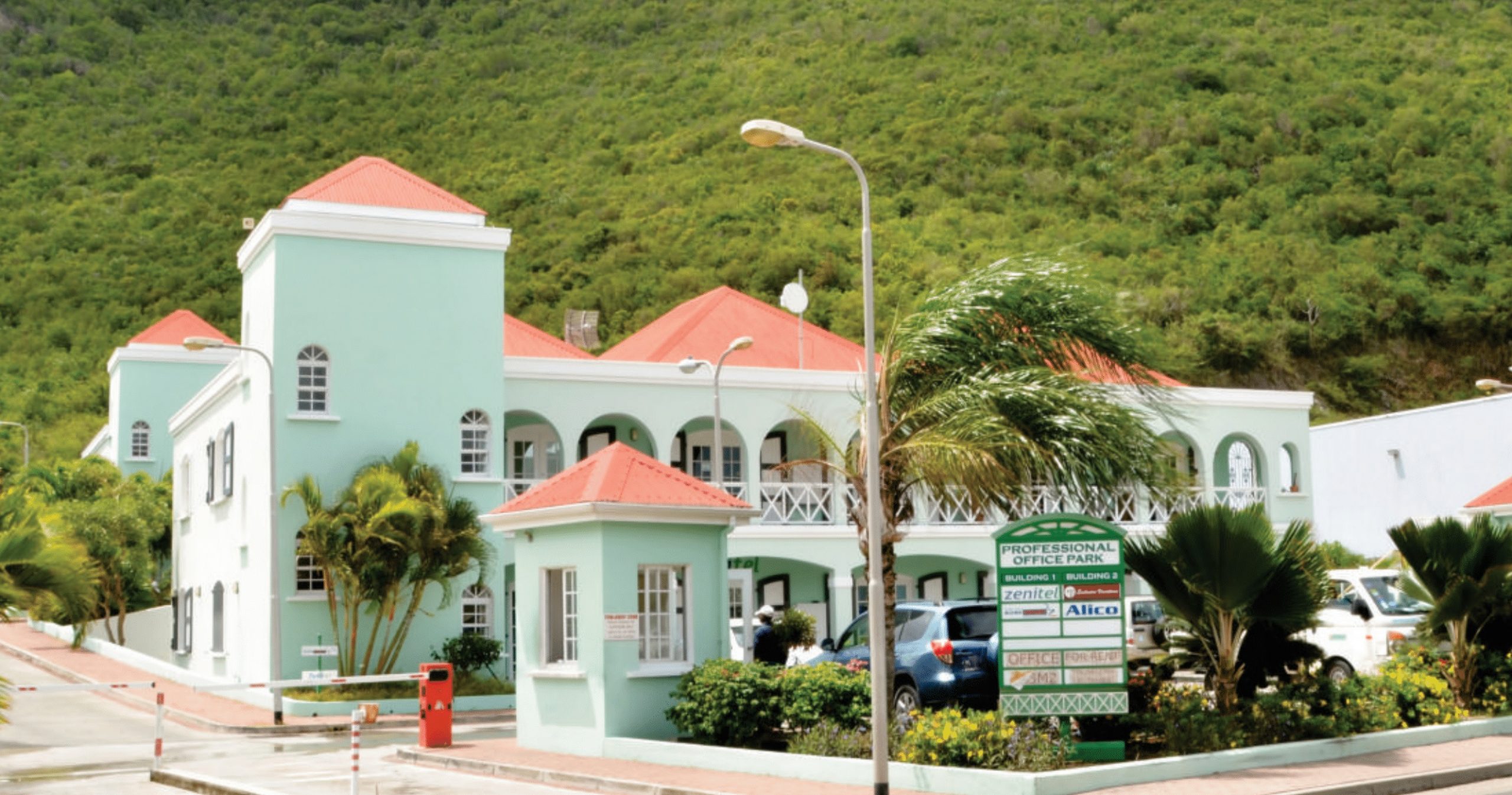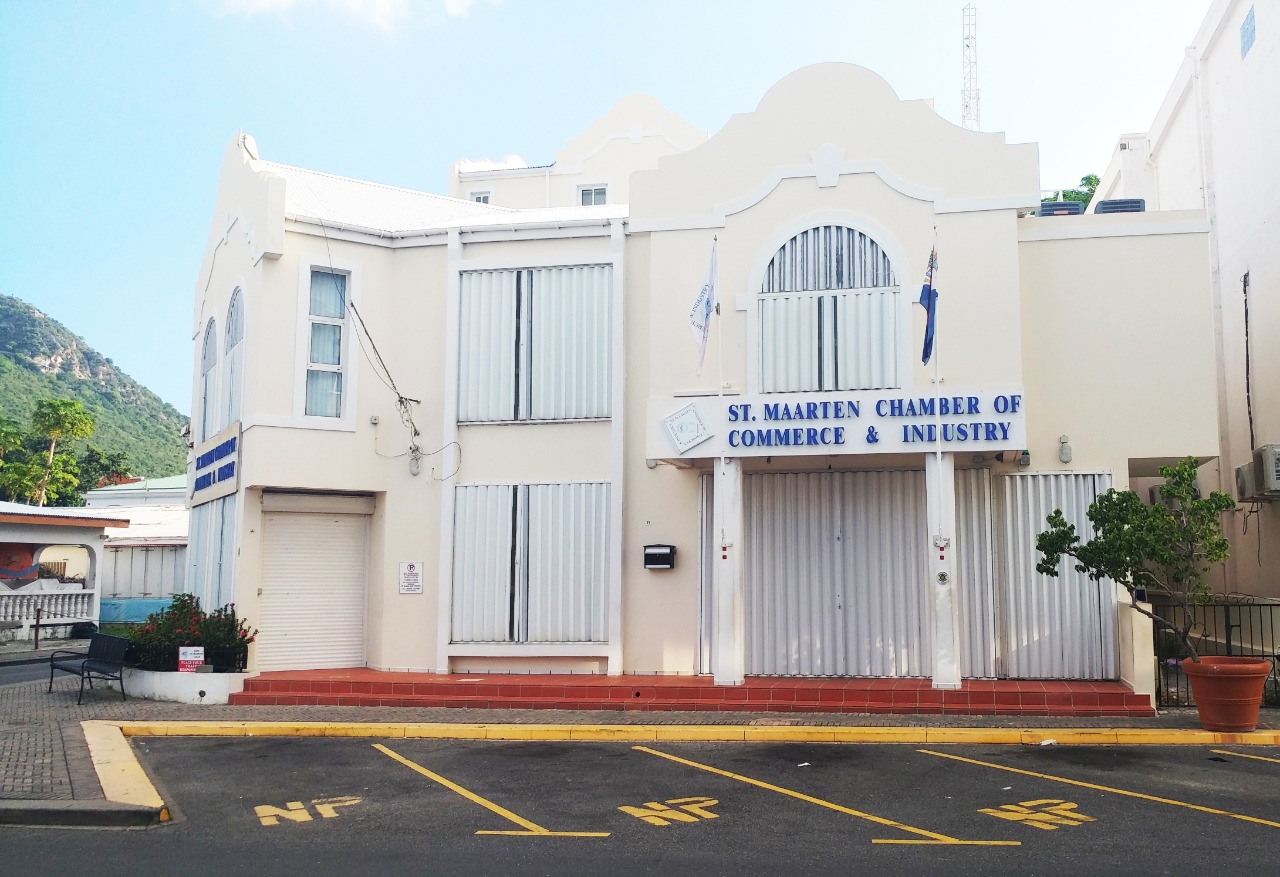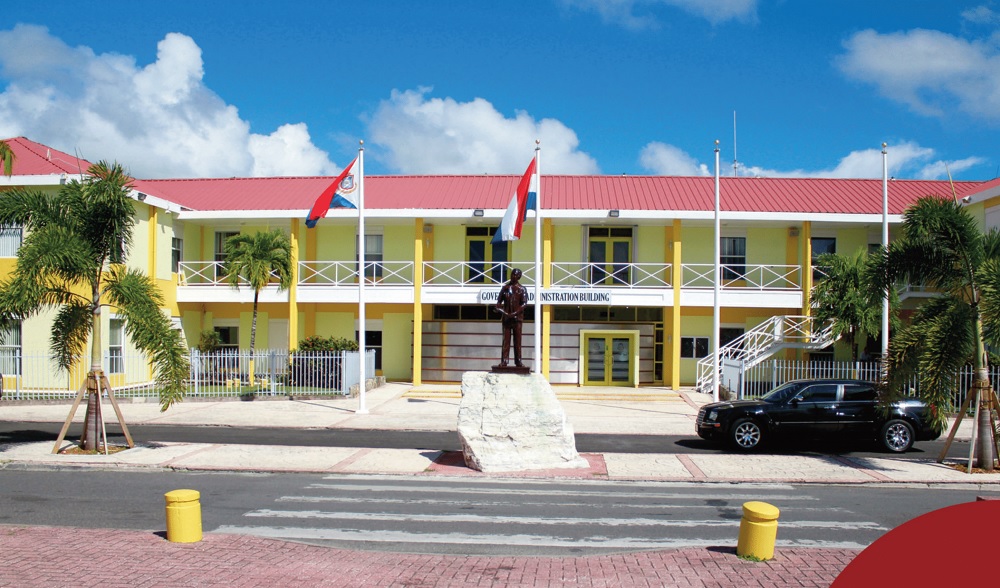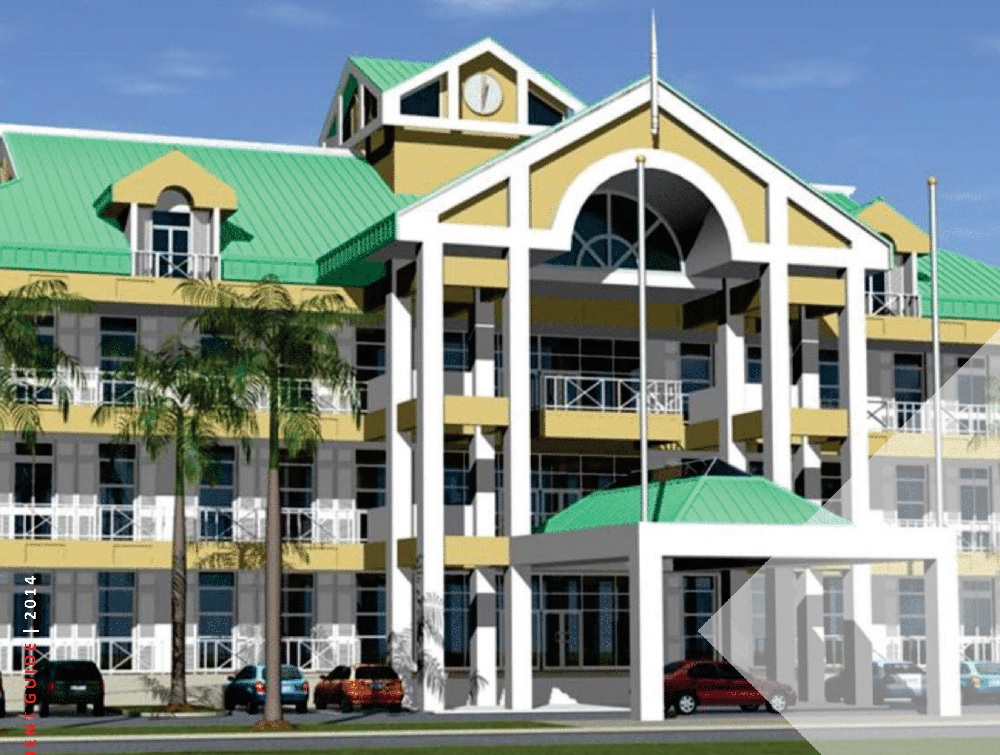Doing business in St. Maarten: bottlenecks and solutions (part 1)

1. The Licensing system
PHILIPSBURG — Establishing a business in St. Maarten is an at times an expensive road littered with stumbling blocks. The Ministry of Home Affairs and Kingdom Relations and the Ministry of Economic Affairs, Tourism, Transport and Telecommunication commissioned a report to assess the local business climate, identify bottlenecks and recommend solutions. The report is produced by the Foundation Economic Research (SEO), the Economic Bureau Amsterdam (EBA) and Tackling Law.
In this first episode in a series of articles based on the report we take a look at what causes many an entrepreneur nightmares: the licensing system. There are plenty of bottlenecks and the report makes twelve recommendations to improve the situation.
Report: Spurring Entrepreneurship in Sint Maarten
So what exactly are the problems the researchers found? First of all, the costs of obtaining and keeping a license or a permit are high, while the objective of these licenses is not always clear or based on sound economic reasoning. There are too many licensing requirements and the ones that are in place are not always clear and sometimes they are even unnecessary.
The process of obtaining licenses and permits is, as many entrepreneurs have experienced, not transparent, complex and lengthy. There is no digital one-stop shop where entrepreneurs can find relevant information, government services lack digitalization and departments operate in silos.
The researchers also found that there is too much discretion under the authority of policymakers, and that some information is only known to professionals like notaries.

Then there is an issue with moratoria. The system is not transparent and it leads to rent seeking and a risk of political favoritism. This system also creates a secondary market for licenses.
Other problems are related to the labor market: hiring foreign labor is cumbersome and can take a long time. Furthermore, there is no competition law, so it is impossible to discourage cartels or to curb monopolistic power.
The process of establishing a new business in St. Maarten differs based on the legal structure of a company. Rules are also different for Antillean-born and non-Antillean born entrepreneurs, a policy that seems to be at odds with the constitutional prohibition on discrimination and the principle of equal treatment.
Antillean-born citizens are defined as those born in Aruba, Bonaire, Curacao, St. Maarten, Saba and Statia. It does not apply to those born on the French side of St. Maarten or to citizens from other Antillean islands. Arubans, born after 1986 (the year the island obtained status aparte) are also considered as non-Antillean born.
“These restrictions cause extra costs for non-Antillean born entrepreneurs to incorporate a new business,” the report states. Referring to Ecorys and the Economic Outlook St. Maarten report from 2012-2013, the report notes that 21 percent of all employees were born in St. Maarten, 15 percent were born on other Dutch Caribbean islands and the remaining 64 percent were born elsewhere.
An Antillean-born entrepreneur can set up a sole proprietorship by simply registering it at the Chamber of Commerce; no director’s license needed.

For non-Antillean born entrepreneurs the playing field is seriously different. To set up a limited liability company for instance, they need an operational license, a director’s license, a license for their business activities and a hindrance permit.
Licenses sometimes contain requirements that limit the growth of a business, the report states. Vending licenses for instance, forbid their owners from doing any other work and they cannot have more than one employee.
“Not all licenses seem necessary and market forces could play a larger role in equilibrating the number of active businesses,” the report states.
Operational licenses require advice from three different departments. Fees must obviously be paid and if they are not, licenses can be withdrawn, though this rarely happens,
Here is another remarkable fact: licensing departments and the receiver’s office do not know which businesses are active and which ones are inactive.

The licensing process is burdensome and very slow, the report states and the long waiting time has dire consequences for entrepreneurs, as does the requirement that applicants for an operational license must have a business address. That in turn means that they are paying rent. While they wait for their licenses, these applicants are already incurring expenses while they are unable to generate revenue.
No wonder that the report mentions optimizing and modernizing the licensing system as a top priority. The authors recommend explicit and accelerated deadlines for decision-making, explicit, concrete and verifiable policy objectives geared towards existing economic conditions and economic policy and stripping unnecessary and superfluous parts from licenses.
This project can be completed in twelve months, starting in the second quarter of this year. The Ministry of TEATT would get the assistance of an external project manager and a senior legislative lawyer. Estimated cost for this project is 400,000 guilders.
The report mentions twelve possible solutions to improve the licensing system. Some of these recommendations will encounter opposition from for instance politicians, the minister and civil servants and market parties that have a stake in the status quo.
So what are these solutions? Define the objective of every license and permit, define clear criteria for obtaining them and abolish unnecessary parts. The report calls for a re-evaluation of the objective of the director’s license. “The economic function of this license is unclear.”
The authors also recommend taking another look at the distinction between Antillean-born and non-Antillean born entrepreneurs, effectively suggesting abolishing it altogether. Antillean-born entrepreneurs would still have an advantage, because the non-Antillean born entrepreneur still needs a residence and a work permit. But abolishing the distinction could lead to resistance from the Antillean-born population, politicians, entrepreneurs and civil servants, the report states.

The report proposes to allocate the authority for decision-making to the secretary-general or to the head of the relevant department. This would take away the discretionary authority of the minister, but it would shorten waiting times and allow entrepreneurs to start operations faster.
Abolish or substantially lower annual licensing fees, is another recommendation. “Yearly license fees should not be a source of income for the government; they should cover the operational costs, but currently the government gets between 5 and 10 percent of its revenue from licensing fees. These fees are a burden for entrepreneurs and they are not present in similar jurisdictions like Curacao and Aruba.”
A great recommendation is to grant licenses immediately after application and check whether the business meets all requirements after it has started its operations. The authors also propose the introduction of a lex silencio positivo, a system whereby licenses are considered to be granted if the government does not react within a defined deadline to an application.
Moratoria also need attention. The report suggests to formulate a proposal to loosen or abolish a part of the moratoria and furthermore to make lending or renting licenses in sectors with moratoria illegal.
“Establish clear and transparent rules for when moratoria may be applied to certain sectors. A moratorium should only be applied when there is a clear public policy objective whose benefits outweigh the costs of distorting market outcomes.”
###
Related links:
Report: Spurring Entrepreneurship in Sint Maarten
Review article SEO Economisch Onderzoek (In Dutch)
Reducing red tape improves the business climate
Minister Ottley launches training program for aspiring entrepreneurs
oing business in St. Maarten: bottlenecks and solutions (part 2)
Doing business in St. Maarten: bottlenecks and solutions (part 3)
Doing business in St. Maarten: bottlenecks and solutions (part 4)


























